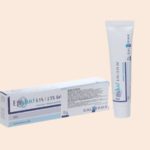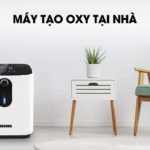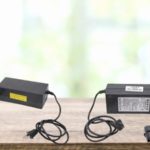As the weather turns colder, many people turn to heating pads for warmth. However, the use of heating pads can also pose some dangers, especially for children. So, how can we use heating pads safely? Let’s explore this in detail in the article below.
1 What is a Heating Pad?
A heating pad, also known as a multi-purpose hot pack, heat pack, or hot water bottle, is a product designed to provide warmth on chilly days. There are two main types of heating pads available on the market: electric and non-electric.
Non-Electric Heating Pads
Non-electric heating pads have a simple structure. Hot water bottles, for example, consist of an empty bag that users fill with hot water when they need warmth. Other types of non-electric heating pads contain heat-retaining gel or solutions. To use these, simply place the pad in the microwave or soak it in hot water to heat it up.
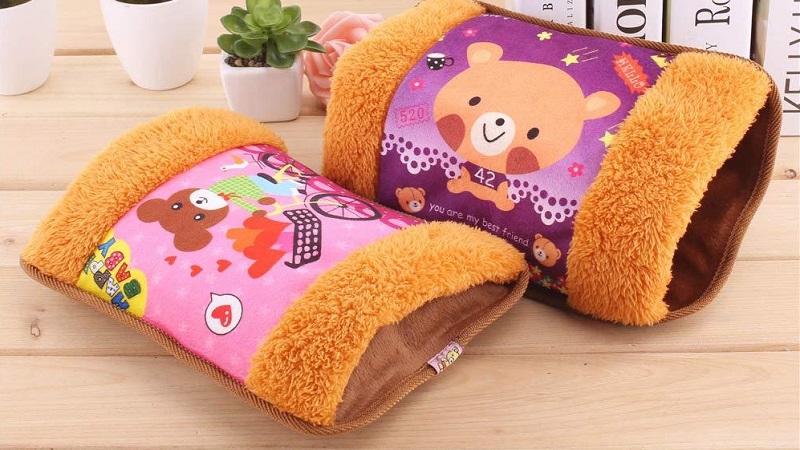 Non-Electric Heating Pad
Non-Electric Heating Pad
Electric Heating Pads
Electric heating pads have a more complex structure than their non-electric counterparts. They typically consist of a sealed bag containing a heat-storing solution, a heating element, an air vent, a temperature-sensitive relay, and an electrical connector.
The solution inside the bag usually contains , , and other chemicals with high heat retention properties. When connected to a power source, the solution is heated by the heating element. If the temperature reaches 70°C, the relay automatically cuts off the power. Additionally, electric heating pads often have a two-layer structure with a fabric outer layer and a PVC inner layer for safety and to prevent leaks.
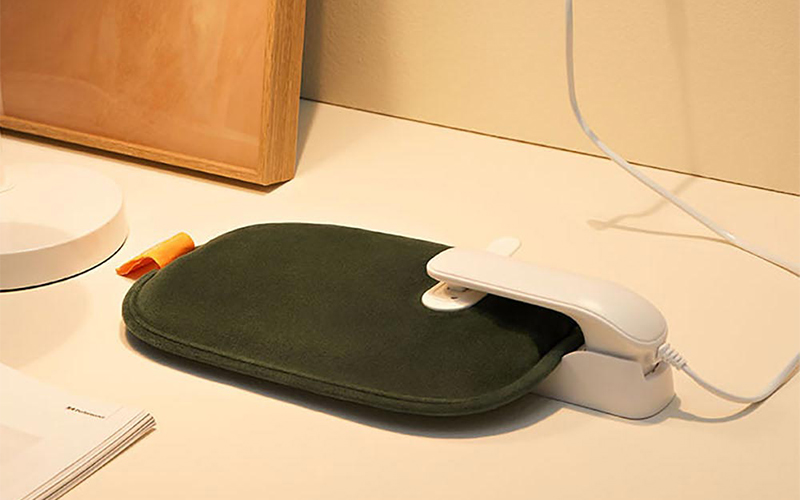 Electric Heating Pad
Electric Heating Pad
2 Benefits of Heating Pads
Heating pads offer a range of benefits to users, including:
- Effective warmth during winter.
- Improved blood circulation and reduced muscle pain and fatigue.
- Helps reduce belly fat for postpartum women.
- Relieves menstrual cramps in women.
- Some heating pads are infused with , herbal scents, or ginseng aromas to promote relaxation and soothe the mind.
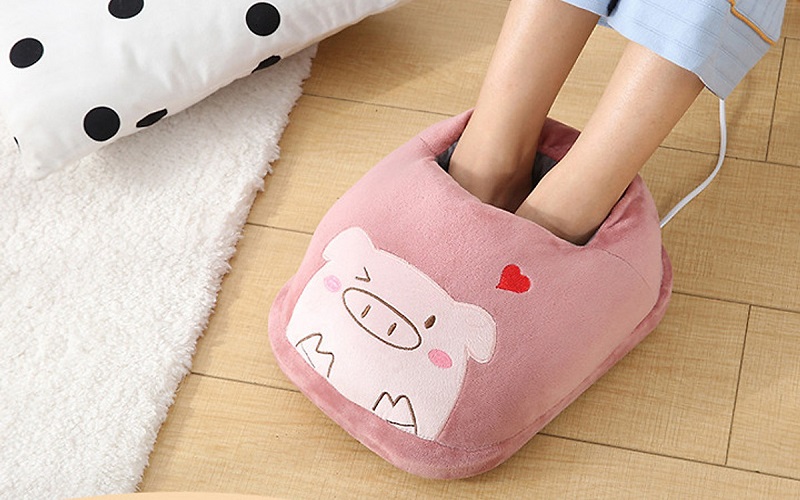 Benefits of Heating Pads
Benefits of Heating Pads
3 Precautions When Using Heating Pads
While heating pads offer numerous benefits, it is important to follow certain guidelines to ensure safe use. Here are some precautions to keep in mind:
- When filling non-electric heating pads with hot water, be careful not to use boiling water, and do not soak the pad in hot water for extended periods.
- Do not use electric heating pads while they are plugged in and charging, and ensure proper charging practices.
- Do not replace the solution or gel in heating pads unless instructed to do so by the manufacturer. Regularly inspect the pad for any signs of damage or leaks, and do not attempt to repair it yourself if issues arise.
- Avoid placing sharp objects on the pad to prevent punctures.
- Keep heating pads away from children.
- Do not clean heating pads with harsh chemical agents.
- Store heating pads in a cool, dry place, away from high temperatures or humidity, and avoid flammable substances.
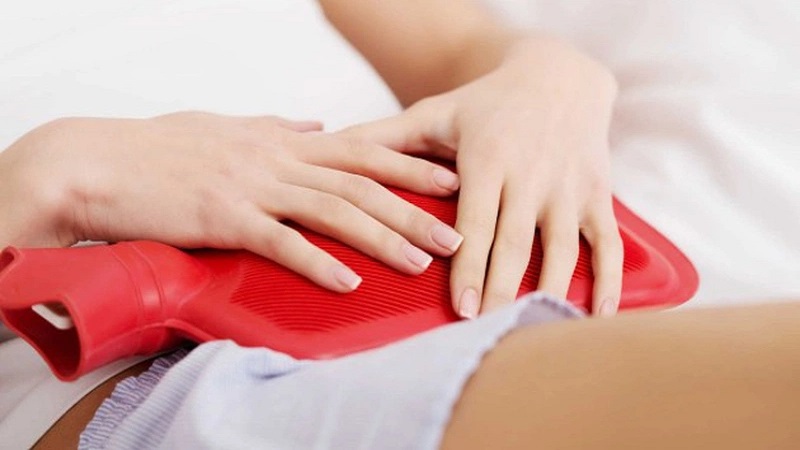 Precautions When Using Heating Pads
Precautions When Using Heating Pads
In this article, we have explored the definition, benefits, and safe usage of heating pads. We hope that this information will help you stay warm and cozy during the cold winter months.
Is it Good to Use a Home Oxygen Generator? Safety Precautions to Consider
Oxygen generators are commonly used tools in healthcare facilities to aid in the treatment of illnesses. However, many households are unsure whether using an oxygen generator at home is beneficial. To find the answer, read our article on the effectiveness of using an oxygen generator at home. We also provide safety guidelines for proper usage.


























